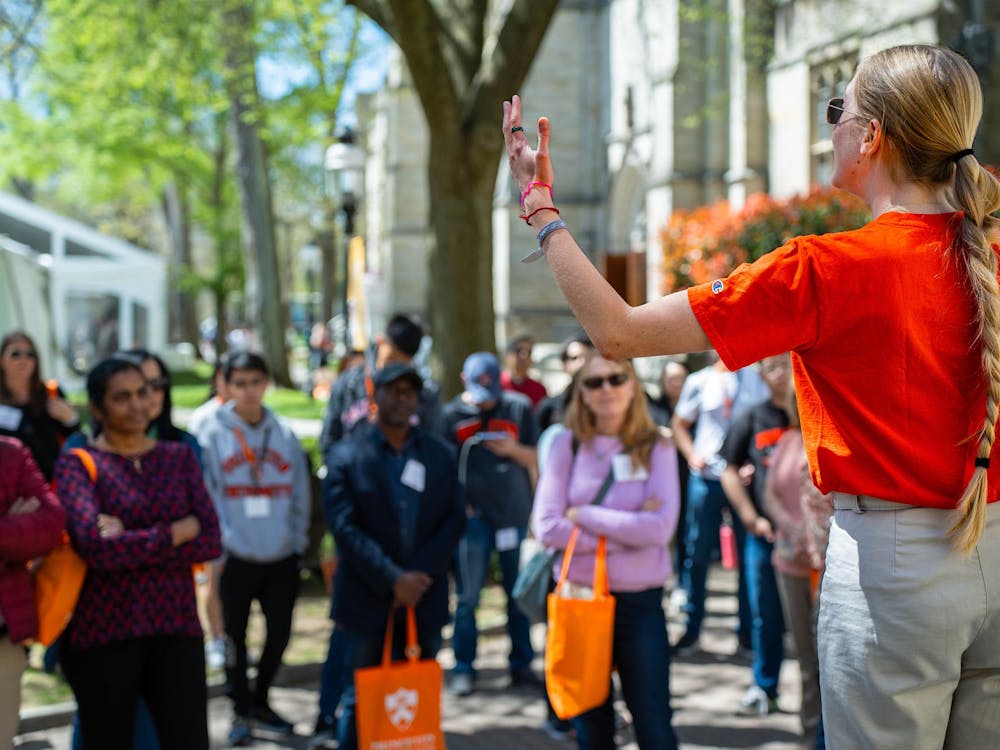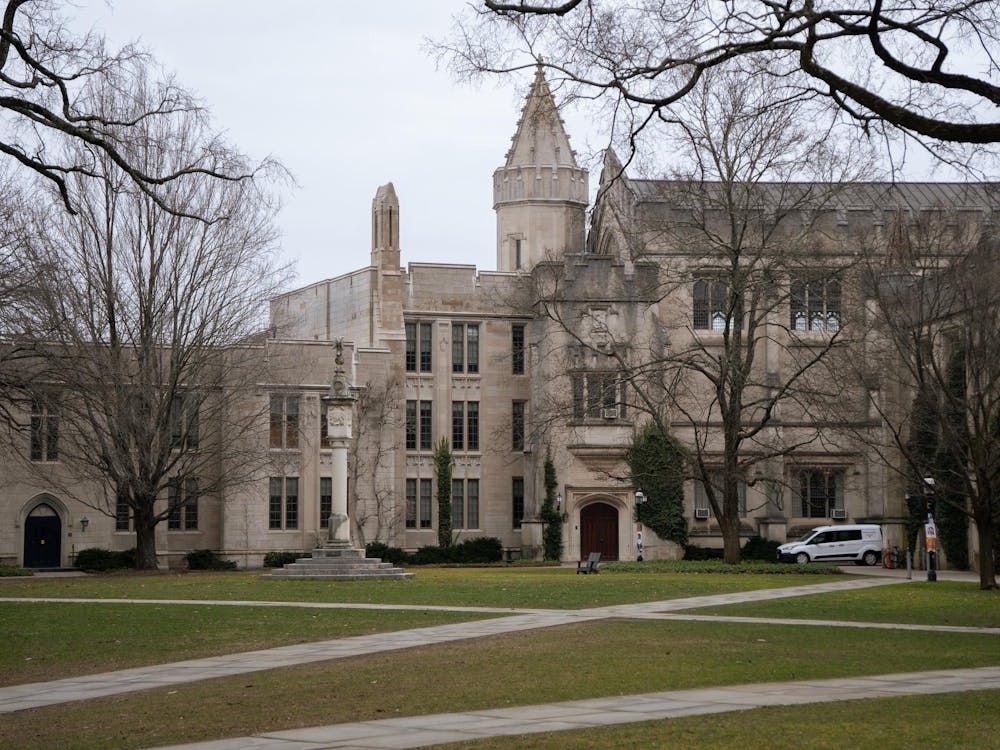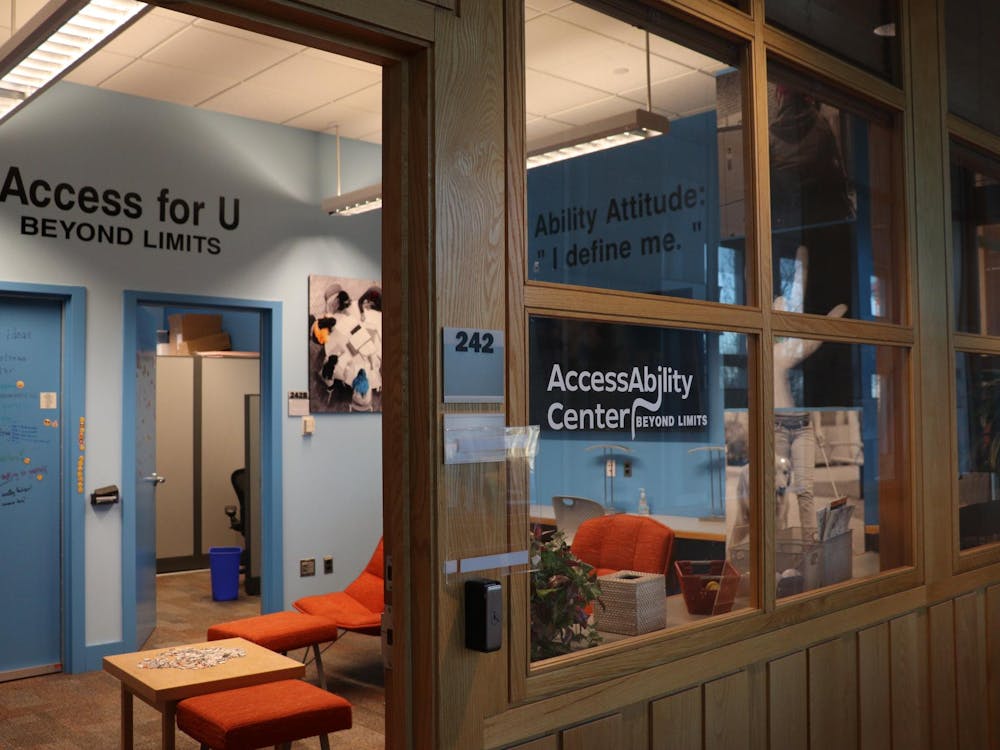The University is expected to announce Monday whether it will allow the Centers for Disease Control and Prevention to offer a meningitis vaccine not yet approved for use in the United States to the Princeton community.
SevenUniversity-associated individualshave been hospitalized with the disease since March. In the face of the outbreak, the University Board of Trustees discussed this weekend whether to offer Bexsero, a vaccine produced by Swiss-based pharmaceutical company Novartis, at Princeton, University Spokesperson Martin Mbugua said.
Bexsero is currently licensed for use in Australia and in the European Union but has not yet received approval from the U.S. Food and Drug Administration. The vaccine targets meningococcal bacteria of serogroup B, the type of bacteria responsible for all the cases in the Princeton outbreak so far.
State law requires all college students living in dorms to receive a licensed meningococcal vaccine, but the vaccines currentlyavailable in the United States only cover serogroups A, C, Y and W-135. The CDC submitted an Investigational New Drug application to the FDA in October requesting that Bexsero be made available to the Princeton community due to the nature of the campus outbreak,NBC News reported.
CDC meningitis and vaccine preventable diseases branch head Dr. Thomas Clark confirmed to NBC NewsFridayafternoon that theCDC had agreed to import Bexserofor use in the Princeton community.
Meningococcal bacteria are spread through close contact between humans, such as coughing, sneezing and sharing utensils. According to the University's most recent health advisory email, it is estimated that 5 to 25 percent of the general population carries the bacteria without developing symptoms of illness.
The first and second University-associated cases this year, reported onMarch 25 and April 12, involved a female student and a male visitor to campus, respectively. In total,10 people who were considered to have been in close contact with the affected individuals were given prophylactic treatmentby UHS.
The third and fourth cases, reportedMay 7 and May 20, both involved male students. In the fourth case, which occurred near the end of the University’s spring examinations period, the student developed symptoms while traveling from campus to his home state, where he was hospitalized.The New Jersey Department of Healthdesignated the cases as an outbreakafter the fourth case.
The fifth case involved amale University student hospitalized abroadon June 30 after being diagnosed with bacterial meningitis during an academic trip. Fourteen other students who were on the trip received preventive treatment.
Thesixth caseinvolved a female University student treated at a local hospital for meningococcal disease on Oct. 2. She reported to University Health Services with a high fever and was referred to the hospital for treatment. In her case,the bacteria did not infect her brain and spinal cord but instead resided in her bloodstream,according to an email sent to residential college advisers by Dr. Peter Johnsen, director of medical services at UHS, and obtained by The Daily Princetonian.
Meningitis can be treated with antibiotics.All six individuals have since recovered, according to the University.
Theseventh caseinvolved a male University student who became ill with symptoms of meningitis on Nov. 10.The student sought treatment at UHS Saturdayfor symptoms of acute illness, according to a health advisory email sentto all undergraduate students. He was taken to a local hospital for treatment.

Starting with the third reported case, the University has issued health advisory emails encouraging all students who experience symptoms of bacterial meningitis, including a high fever, headache or stiff neck, to report to UHS.
The University has also posted reminders with information on meningococcal disease in bathrooms and dining halls, in addition to providing alcohol-based hand sanitizer and tissues at all event headquarters and meal sites. Alumni and visitors returning to campus for Reunions weekend in May receivedhygiene reminders in their welcome materials.
In order to combat the spread of the disease on campus,the Student Health Advisory Board distributed reusable drinking cupsto the student body at the start of the semester in September. The red cups said, “Mine. Not Yours.” and were intended to remind students not to share cups with others.








